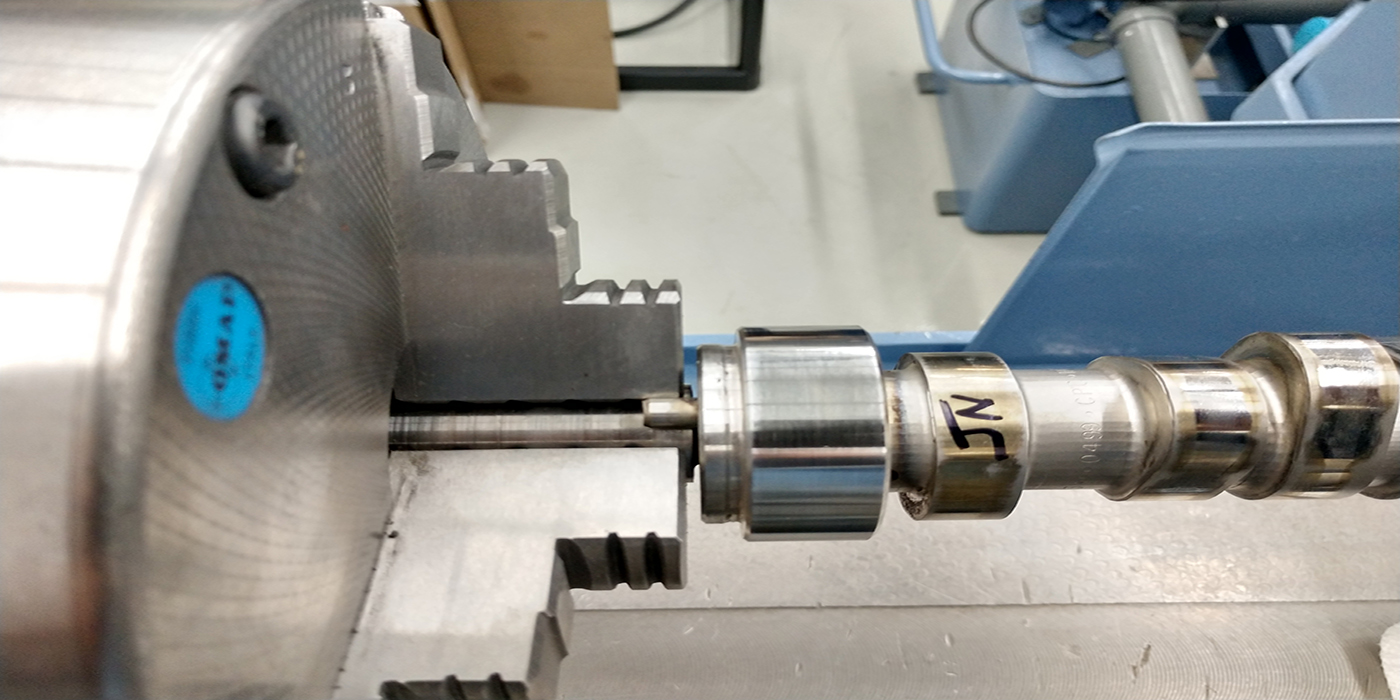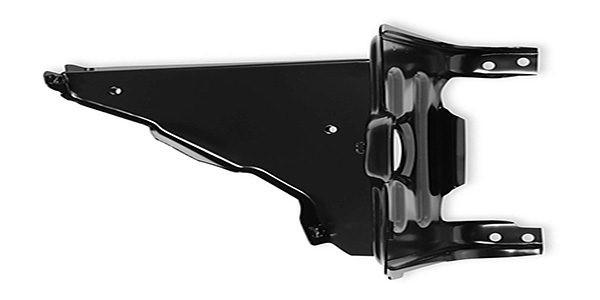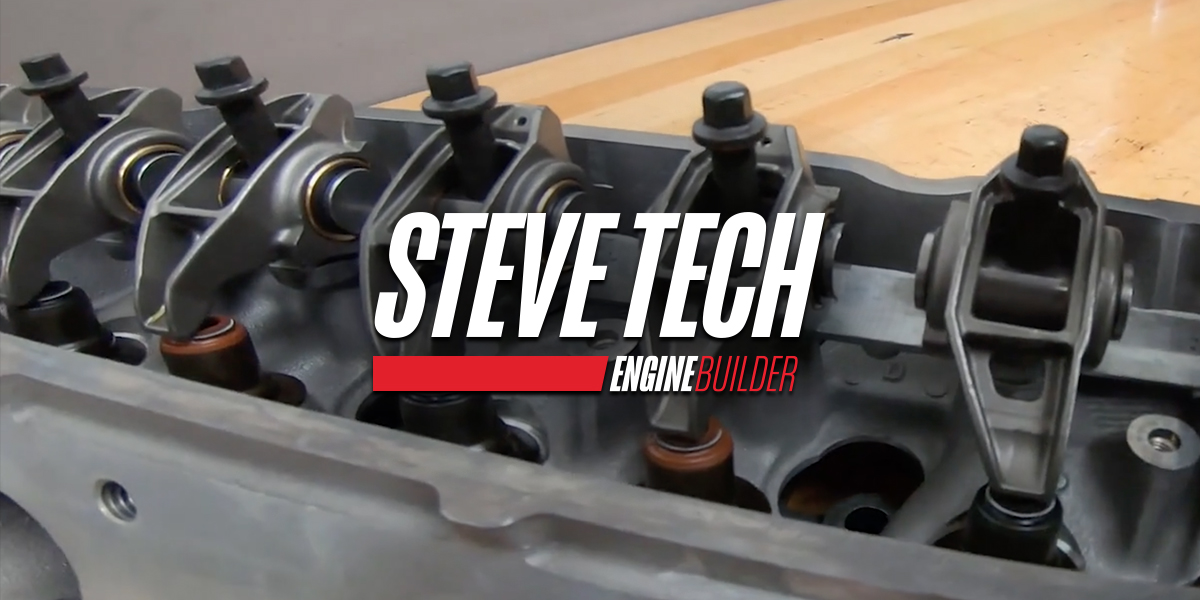Peter Butterfield, regional vice president of LKQ Remanufacturing, says the purchase of ATK North America (Dallas,TX), PROFormance Powertrain Products (Springfield, MO) and Yamato Engine Specialists (Bellingham, WA) are a sign of continued industry consolidation but one that should, in the long run, benefit the entire industry.
“It’s no secret that this industry has contracted dramatically over the past 20 year,” Butterfield says. “There are now only a few significant players in the aftermarket and LKQ is certainly one of the major players. But consolidation hasn’t been so much as a result of LKQ but as a result of natural market forces.”
And, says Butterfield, that hasn’t necessarily been a bad thing. In a recent interview with Engine Builder editor Doug Kaufman, the former president of ATK North America said he believes the sheer number of outlets for used, salvaged, rebuilt and remanufactured engines has been confusing to the typical consumer and has worked against growth.
Butterfield, former executive vice president of Volvo and CEO of Kia Motors, is no stranger to changing the public’s perception. “I think in our industry because remanufacturers will never spend money like the car companies (upwards of many millions of dollars per year) to advertise our product, you’re left with consumer impression of the product. And since we still have so many outlets for engines, it makes our job of building an overall image of the product that much more difficult.”
Butterfield says creating a more positive image isn’t a short-term prospect, but it is possible. “Over time – and I’m talking 5, 10 or 15 years – I think both used engines (meaning salvage engines) and remanufactured engines will begin to have a more distinct and better image in the marketplace BECAUSE of the consolidation of manufacturers in the business. It’s a more difficult challenge to promote the image of a remanufactured engine but with consolidation, I think it will make it easier for the industry as a whole – and that message is that you’ll get a more consistent product.”
DK – How will the three PERs (ATK North America (Dallas,TX), PROFormance Powertrain Products (Springfield, MO) and Yamato Engine Specialists (Bellingham, WA)) be integrated into the LKQ family?
PB – LKQ is structured into eight different geographical regions for the salvage and aftermarket business. Each has a regional vice president and under them are literally hundreds of salvage plants and aftermarket businesses.
They created a new “region” (the ninth) called LKQ Remanufacturing, and my title is Regional Vice President of LKQ Remanufacturing The role I have been asked to take on for LKQ has been to run all of the remanufacturing assets for the company, with responsibility for all the remanufacturing activities including manufacturing, distribution, pricing, operations, logistics, etc.
LKQ Remanufacturing is a products company, not a geographical division, although it actually covers the U.S., Canada and Mexico. Included in that are the ATK Companies, including two manufacturing facilities and a sales and marketing facility in Mexico; PROFormance Powertrain Products in Springfield, MO; and Yamato Engine Specialists in Bellingham, WA; as well as Best Core, LKQ’s core operation in Houston, TX.
Anything that is remanufactured goes through this system. Currently, those products include engines, transmissions and cylinder heads, as well as rear axles.
As individual companies, we manufactured and sold our products through distribution – and that won’t change. Each of the remanufacturers had distributors who distributed their products…they’ll continue to distribute their products. In addition, we now have the ability to distribute through the LKQ salvage plants. The LKQ plants have always bought and sold remanufactured engines – this isn’t anything new to them. The difference is they’re now buying the remanufactured engines from their own remanufacturing assets. It’s a vertically integrated process.
Individual brands will still be available. The term LKQ Remanufacturing is similar, in a sense, to a term like General Motors – GM sells Chevrolets, Cadillacs, GMCs and Buicks. We still sell the Yamato brand, the ATK brand, the ProFormance Brand and the Vege brand, so the brands are still available, being sold basically the same way they were before. We will also still sell private label branded engines to Advance Auto Parts and AutoZone.
DK – How will you address the “duplication of efforts” between the three facilities?
PB – Of course there will be crossovers between the 3 remans that can be more efficiently coordinated. Anytime in a large manufacturing operation that you can simplify the number of SKUs you’re building, you’ll end up with a more efficient operation from both a cost standpoint and a quality standpoint. So, over time, one has to ask does it make sense to build a Chevy 350 in Bellingham, Springfield and Monterrey, Mexico? Ultimately, no. You want to default to the highest quality/lowest cost plant – but that takes a long time to get to. We’re not there yet – we still have multiple engines being built at multiple plants. Eventually we want to get to where we’re limiting the number of SKUs a plant is building so they can have less variability, higher quality and lower costs. That is an advantage to owning multiple factories – we can specialize.
DK – Will access to core supplies (from LKQ’s core operation) be a significant advantage now to the reman facilities?
PB – From a practical standpoint, I don’t see this as a significant issue. When we were running as independents, we all had the same short core shortages on the hot cores then that we do today.
Does it make it more efficient to run your own core company? Yes, of course. If our competitors owned their own core companies and put the money and investments back into collecting and processing cores, they’d probably have a more efficient core process as well. But the access to the short cores is still a challenge. If the cores are short, they’re short.
DK – In the long run, how do you see the acquisitions affecting the remanufacturing industry as a whole?
PB – I don’t think this will change it dramatically. Again, LKQ isn’t the reason for consolidation – that happened because the market shrunk.
And it has been a natural weeding out of those companies that weren’t able to build high quality product and maintain the equipment and technology to stay competitive today. It’s the same in the car industry as it is in the engine industry.
If you look at automobile manufacturing in the 1960s, you had an assembly plant that might have produced about 200,000 vehicles a year – of one model. Today, they may still build 200,000 cars, but they’re building 10 different platforms. There are so many more models and variations; to be competitive a factory has to offer more.
The same thing happened with engines. Back in the ’60s, the majority of what we built was Chevy 350s. That’s not the case today – we’re building a wider variety and the requirement on the manufacturer is more complex than ever before.
That’s going to continue, because of the diversity in the market. You’ll need the engineering resources, the equipment, the technology and the cataloging to build all of them. It’s very complex and that’s what’s weeding the industry out. It’s putting more pressure on companies, because if you’re a small reman or a machine shop, you can’t possibly get the coverage necessary to supply the marketplace so by definition you have to specialize. And that’s what you’re seeing.
The wide range of PERs has shrunk and the machine shops that were once doing volume engines are specializing. They’ve been forced to say, “I can’t build the broad spectrum, so I’ll focus on high performance or a diesel model…but I can’t build 1200 SKUs.” As that specialization happens, it opens up opportunities for those companies that can build a high volume at a reasonable cost that meets the marketplace’s demands.



